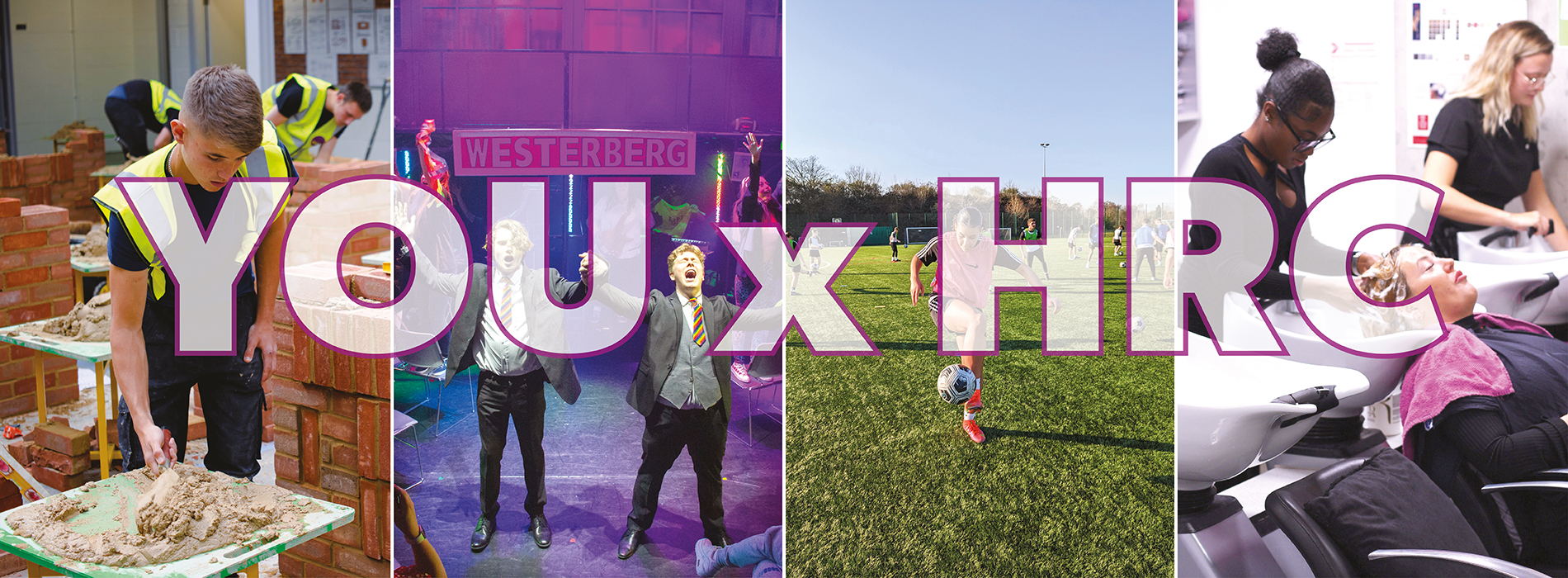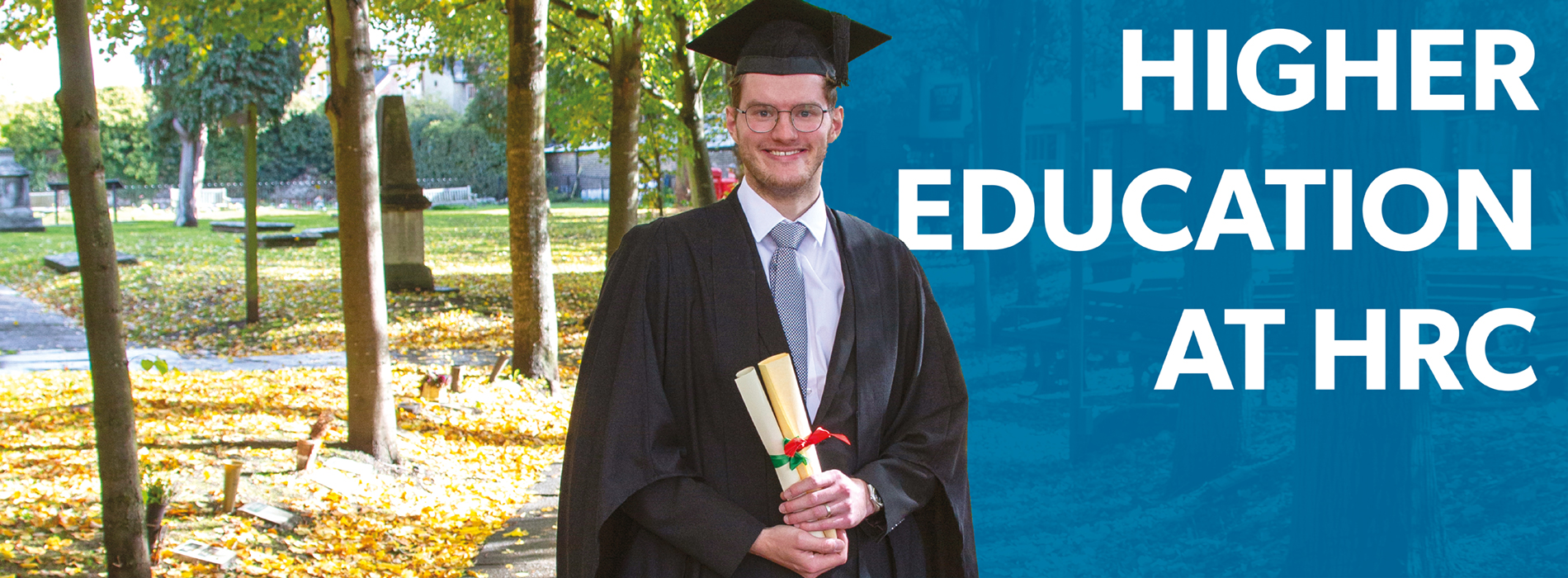The academic years 2019/20 and 2020/21 are a period that have, to put it mildly, taken educators into a different delivery realm and for some, completely out of their comfort zones. In March 2020 it was not just the education sector that was taken by surprise, almost every facet of daily life required some form of adjustment due to Covid-19 and its related restrictions. As if delivering further education was not hard enough having to deliver purely via online and electronically went against many education professionals’ sense of purpose, let alone whether they had the requisite skills to do so. Who would have thought that those responsible for managing College estates, ensuring the health and safety of staff and students and Exams teams would be front and centre in decisions about how education could be delivered and assessed? Exiting this period with achievement rates and learner satisfaction responses being at an all-time high, has taken a united effort, and in its broadest sense, a Team HRC mindset.
However, the primary purpose of this document is not to be retrospective. There is a plethora of evidence available for those interested in pedagogical research on what does and does not work – all of which is relevant and applicable. Having said that, there are fundamental, and possibly radical, lessons to be learnt from the test bed that has been HRC since March 2020. Staff, learners and stakeholders have changed some of their expectations about what further education means to them and the best way to deliver and experience it. This strategy aims to positively celebrate the achievements of staff and learners over this period of time, including the many sacrifices that have been made by everyone to maintain some form of normality for colleagues and learners, and in particular the most vulnerable.
Alongside the experiential learning that has taken place for those delivering education, there have also been major policy announcements from the government - most significantly the FE White paper (Skills for Jobs: Lifelong Learning for Opportunity and Growth). Implementing the strategy will also help the College prepare for the implementation of T levels from September 2022. Other sector stakeholders, such as Jisc, AoC, Ofsted, awarding bodies and even the World Economic Forum have further provided much needed guidance and thought leadership to help education providers navigate through unchartered waters. These are useful reference points, especially as much of our attention at HRC, understandably, has been inward facing and these ensure that we do the best for our learners and staff. This strategy does not intend to provide an analysis or evaluation of these documents but draws out the main themes that relate to shaping the learning experience for all learners at HRC from September 2021 and beyond.
In addition to the Covid-19 related issues outlined above, in 2020 we also witnessed, globally, one of the most culturally significant events that affected people’s perspectives, and that was the death of George Floyd due to police brutality in the USA. The reaction across the world has forced decision makers in all corners of society to consider how we can become more inclusive with Black and Ethnically Diverse Individuals and minority groups treated equitably and as valued members of society. The challenge for HRC is to ensure that all stakeholders feel like they are being authentically heard and are an active part of the College community who contribute to its vibrancy and success. This strategy places at its very core the tangible creation of an inclusive environment where all learners achieve their full potential and succeed in life.
This strategy is intended to provide colleagues with guidance and best practice from within and outside the organisation. However, it should not be used as a blueprint for how every course should be delivered. It is very clear from learner feedback that generally level 3 learners are happier to access some of their learning online and away from college, whereas lower levels prefer to be onsite. Obviously, that changes depending on the learners’ need to access specialist equipment and technology, or if working collaboratively in the more creative sectors. Delivery staff must make decisions, possibly even at individual learner level, about the best way to deliver their programme.
Finally, this strategy is not only for front line education staff and managers. The recommended changes cut across most departments in the organisation and require them to think about how their service may need to change and consider how learners can best access learning through a more blended model. The toolkit section will provide practical guidance for all staff to apply the strategic learning to their work.
Process
Between February and April 2021, a consultation exercise took place that included focus groups with 85 learners, 50 staff (delivery and service), all managers, all governors, the Hertfordshire LEP, employers and Hertfordshire and Essex LLDD leads on their experience of education during Covid-19 restrictions, how education should be accessed once restrictions ease, and what skills will allow learners to successfully access the job market. The feedback was, as expected, far reaching and as diverse as the College’s curriculum offer. The findings have informed and enabled us to design a strategy that enhances established themes of Team HRC and Destination Curriculum.
Sections
To make the strategy dynamic, accessible to all readers, reflect the feedback from stakeholders and align with the HRC mission it has been split into five main sections in line with the College mission statement:
- Introduction – provides an overview and context of why the time was right to create the strategy
- Partnered by employers – brings together the feedback received from the consultation with employers, Hertfordshire LEP and other pieces of research linked to making our learners highly employable and job ready
- Enriched by staff – celebrates the work of HRC colleagues from across the organisation who ensured that learners continued to access education during lockdown periods, and when face to face sessions resumed, were able to do so in a safe way
- Inspired by individual success – celebrates the success of our learners and shares some of their stories about how they continued to access learning and achieve their qualifications in the most challenging of times
- Defined by our communities – is the culmination of all previous sections. The 10 HRC Ambitions draw on pedagogical research, feedback from staff, employers and other stakeholders about what makes excellent education. Most importantly, it gives a voice for our learners about what turns them on and off education and to our teachers who have reflected, adapted and sought to provide excellence for their learners during the most difficult of times






